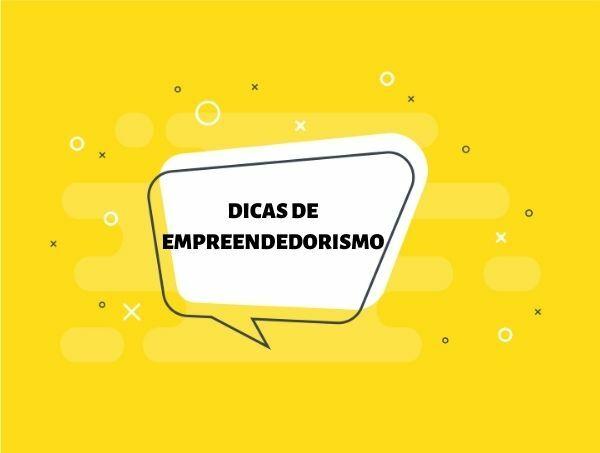Nova Educa is an educational consultancy that will bring tips so that young people can, from an early age, learn to innovate and become an entrepreneur, discovering countless possibilities for building a future promising.
O "Entrepreneurship" theme is increasingly appearing among young people and adults who dream of a better life, greater professional satisfaction and collaborate with the world in some way. It is important to study and believe in their ideas, and it is also a great difference to understand numbers and realize the proportions of impacts on our society.
In this article I want to bring some data that is worth sharing, such as the survey conducted by Wakefield Research, sponsored by Weebly, which interviewed 1,001 adults in the United States and found that, for approximately ⅓ of them, the idea of starting a new business brings more fear than jumping from parachute. But how do Brazilians see this scenario?

THE research produced by Global Entrepreneurship Monitor (GEM) with support from IBQP and Sebrae — “Entrepreneurship in Brazil – Executive Report 2018” — brought a very nice number on the size of the topic. The entrepreneurship rate in Brazil is 38% among the population aged 18 to 64 years, which equates to approximately 51.972 million people. When analyzing the entire population of the country, which is around 210 million, 24.76% are entrepreneurs, that is, almost 1 in every 4 people.
Other review produced by MindMiners and ordered by PayPal (to read the report, click on here) interviewed people who undertake and others who do not, reaching some conclusions, such as, from the moment you enter an entrepreneurial activity, trust tends to increase quite. Analyzing these profiles, let's put the main results identified.
Read too: 5 topics on entrepreneurship from the Youth and Connections Report
Do not stop now... There's more after the advertising ;)
16 analyzes of entrepreneurship in Brazil
For those who already undertake
1. Less than half of entrepreneurs have partners in their businesses.
2. The vast majority of companies follow a business model focused on B2C.
3. The vast majority of entrepreneurs already had experience in their company's operating segment.
4. Freedom and autonomy are the main motivators for entrepreneurship.
5. The vast majority believe that the partners in a business are largely responsible for its success.
6. Only 3% of respondents intend to sell the company for a good price over the next few years.
7. Bureaucratic and operational processes are seen as the biggest difficulties within the entrepreneurial process.
8. Most respondents have already done some type of market research to help their company.
See too: 5 tips on social media for entrepreneurs
For those who do not yet undertake, but intend to
1. The vast majority of potential entrepreneurs already have a business idea.
2. A fifth of respondents intend to work in the technology sector.
3. Half of the interviewees have some experience in the sector they intend to work.
4. Almost all respondents intend to invest some amount of their own money in the business.
5. Despite having the intention to be an entrepreneur, most of the interviewees do not discuss the idea with other people.
6. More than half of respondents seek information about opening a business with friends and family.
7. The vast majority of respondents do not use support from any institution to undertake.
8. A third of respondents have already carried out some type of survey to validate their idea.
Also access: 5 actions to start your business
And did you, if you found, agreed or disagreed with any of this information? Leave a comment or talk to us via Instagram we would like to hear your opinion :).
By New Educa
Nova Educa is an educational consultancy focused on developing projects in schools involving Apple Technology, with the implementation of iPads and teacher training. In addition, it also carries out the podcast Nova Educa Debate, with interviews about the educational market and BNCC about entrepreneurship and innovation contents. We will have several consultants collaborating with this column, which will be led by the innovation director, Carlos Coelho, Education enthusiast with experiences in multinational, at Singularity University (California), as a teacher and manager school; and we will have Priscila Coelho, operations director, specialist in educational technology training, creativity and innovation.


